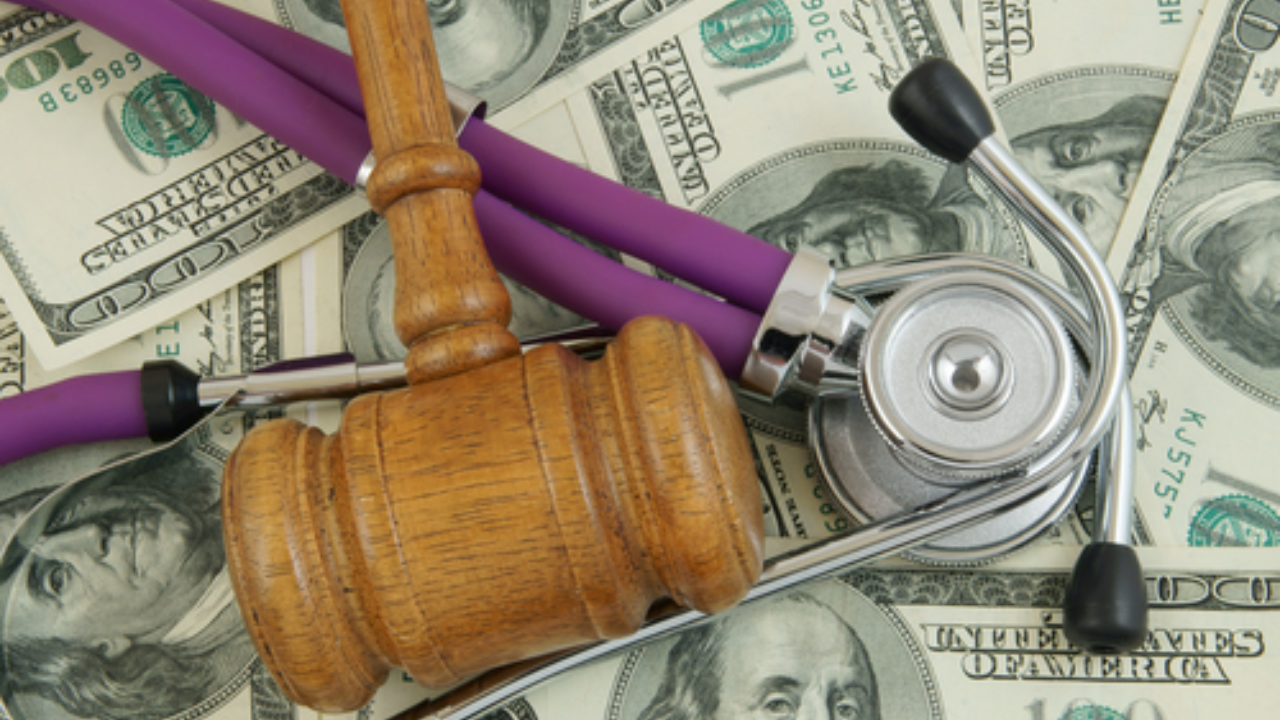A Maryland woman has been formally arraigned for allegedly defrauding the District of Columbia’s Medicaid program by submitting false claims for services that were never provided. According to the U.S. Attorney’s Office for the District of Columbia, this case highlights ongoing efforts to crack down on health care fraud that drains public resources.
Fraudulent Claims Uncovered
The accused is charged with health care fraud and making false statements related to health care matters. Investigators say she submitted claims for personal care services that she never actually delivered, resulting in Medicaid paying out more than $340,000 improperly.
The fraudulent claims reportedly involved billing for home health care visits and other personal assistance services. These services are designed to help Medicaid recipients who need support with daily living activities such as bathing, dressing, and medication management. However, the woman allegedly billed for these services despite never providing them.
Legal Proceedings and Charges
Following a thorough investigation, the woman was arrested and arraigned in federal court. The arraignment marks the formal start of legal proceedings against her. She faces serious federal charges, including:
- Health Care Fraud, which carries penalties of up to 10 years in prison per count
- Making False Statements in Health Care Matters, punishable by fines and imprisonment
If convicted, she will also be required to pay restitution to repay the money fraudulently obtained from the Medicaid program.
Efforts to Combat Medicaid Fraud
This case is part of a larger crackdown on Medicaid fraud by federal and local law enforcement agencies. Medicaid fraud not only wastes taxpayer money but also undermines trust in public health programs that support vulnerable populations.
The U.S. Department of Health and Human Services’ Office of Inspector General (HHS OIG) is one of the key agencies dedicated to detecting and preventing fraud within Medicaid and other federal health programs. Their efforts include investigations, audits, and partnerships with other law enforcement entities.
Medicaid fraud can take many forms, including billing for services not rendered, falsifying patient records, or overcharging for treatments. The government pursues offenders aggressively to protect program integrity and ensure funds are used properly.
Reporting Suspected Fraud
The public can play an important role in helping to identify and report suspected Medicaid fraud. Both the HHS OIG and the District of Columbia Office of the Inspector General provide hotlines where individuals can report suspicious activity confidentially.
Reporting suspected fraud is essential to maintaining the integrity of Medicaid and protecting taxpayer dollars.
Broader Impact
Medicaid is a critical program that provides health care coverage to millions of low-income individuals, including children, elderly adults, and people with disabilities. Fraudulent schemes like the one alleged in this case divert vital resources away from those who depend on the program.
By prosecuting fraud cases, the government aims to deter others from attempting similar crimes and to reassure the public that misuse of funds will be punished.
What Happens Next
The Maryland woman will remain under the jurisdiction of the federal court as the case progresses. She may face pretrial hearings, potential plea negotiations, or a trial to determine guilt or innocence. The legal process will examine evidence presented by prosecutors and allow her to mount a defense.
If you would like me to help create additional content or provide updates as this story develops, just let me know!Tools
ChatGPT can make mistak


